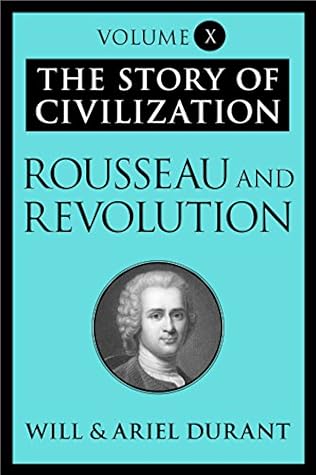Kant divided all knowledge into empirical (dependent upon experience) and transcendental (independent of, and therefore transcending, experience). He agreed that all knowledge begins with experience, in the sense that some sensation must precede and arouse the operations of thought; but he believed that the moment experience begins it is molded by the structure of the mind through its inherent forms of “intuition” (perception) or conception. The inherent forms of “intuition” are the universal forms that experience takes in our outward sensation as space, and in our inward sensibility as time.
Welcome back. Just a moment while we sign you in to your Goodreads account.


